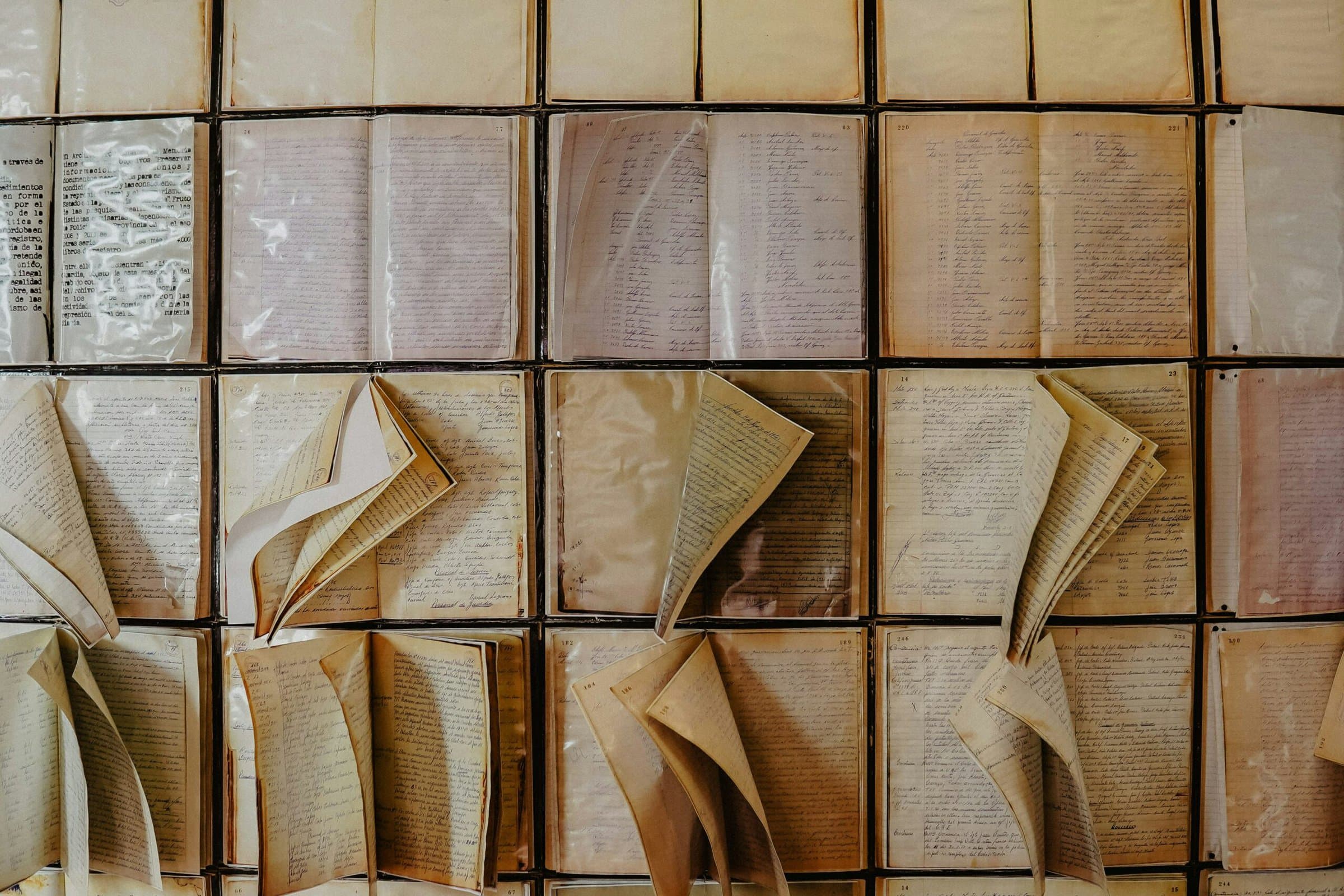A Report by the Committee of the American Historical Association on the Planning of Research
Approved by AHA Council, January 1932
A. M. Schlesinger, Chairman
William L. Langer, Secretary
Charles W. David
William S. Ferguson
Guy Stanton Ford
Carlton J. H. Hayes
Dexter Perkins, ex officio
Contents
Part I
- Introduction, by J. Franklin Jameson
- Findings of the Committee
Part II
- The Conference on Ancient History
- The Conference on Mediaeval History
- The Conference on Modern European History
- The Eastern Conference on American History
- The Middle-Western Conference on American History
Appendix
Preface
From time to time the American Historical Association has appointed committees to review existing practices and trends in historical research and suggest ways of improving conditions. These reports, crystallizing the opinion of successive small groups of carefully chosen scholars, have proved of utmost value in shaping: the policies of the Association. Now, for the first time, through the generosity of the Social Science Research Council and the American Council of Learned Societies, the Association has found it possible to seek a wider collaboration of scholars in regard to the fundamental needs and opportunities of the profession. In December, 1930, the governing body of the Association set up a Committee on the Planning of Research with authority to convene advisory conferences of specialists in the main branches of historical investigation. During the spring and autumn of 1931 such conferences were held, one each in ancient history, mediaeval history and modern European history and two in United States history. The several groups were provided with agenda, circulated well in advance of the meetings, and in most instances members of the Committee acted as chairmen of the conferences. This procedure resulted in securing consideration of certain problems basic to all historical research, though each group was invited to take up any other matters that seemed appropriate and important. A copy of the agenda appears in the Appendix of the present volume.
In choosing the membership of the advisory bodies it proved obviously impossible to include everyone who might have something of value to contribute. It is the essence of a successful conference that the group be kept relatively small. Geographic considerations also ruled out certain possible selections because of limitation of funds. On the other hand, the Committee on Planning took pains to see that the conferences embodied differing interests and points of view, that the younger scholars had a voice and that, so far as feasible, spokesmen in related fields of study were represented. Inasmuch as productive scholarship in the United States is concerned primarily with American history, two conferences in that field seemed justified. These two groups were constituted upon a geographic basis and each acted without knowledge of the other’s transactions. The deliberations of all the bodies proved so fruitful that the Committee on Planning believed it indispensable to publish their reports in full for the particular benefit of scholars specializing in the several subjects. It is a matter for keen regret that it was not possible to convoke conferences in certain other fields such as Latin-American history and Oriental history. To some extent, however, this shortcoming has been offset by seeking criticism of preliminary drafts of the Committee’s report from individual specialists in those branches.
The findings of the Committee on Planning are based partly upon the reports of the conferences and partly upon a knowledge of the informal discussions that accompanied their preparation. The Committee, however, has considered that its main function was to exercise an independent judgment in regard to the issues that were raised. While the Committee’s report is addressed to the Council of the American Historical Association, much that appears therein and in the reports of the advisory groups will be of equal interest to others. The conclusions set forth deserve the thoughtful consideration not only of leaders of the Association but also of graduate-school administrators, academic departments of history, graduate students, editors of scholarly journals, officers of historical societies, librarians, archivists and museum directors.
The Committee on Planning is indebted to many persons who assisted in bringing its labors to fruition, particularly to the members of the advisory conferences. Special obligation is owing also to J. Franklin Jameson who kindly prepared the Introduction to the main report. Among others whose counsel was sought were J. P. Baxter, 3d, Solon J. Buck, Walter E. Clark, Clarence H. Haring, Yamato Ichihashi, R. J. Kerner, William H. Kilpatrick, Ralph H. Lutz, H. F. McNair, Percy A. Martin, J. Fred Rippy, Edgar E. Robinson, Payson J. Treat, Reginald G. Trotter and the members of an informal conference of women professors of history in New York and New England meeting at Lakeville, Connecticut, in May, 1931, under the secretaryship of Louise Fargo Brown.
A. M. Schlesinger, For the Committee


